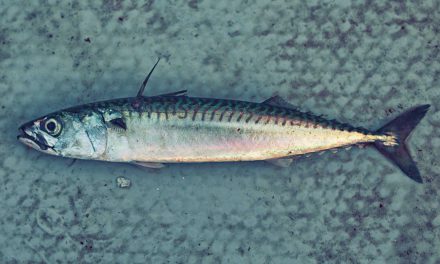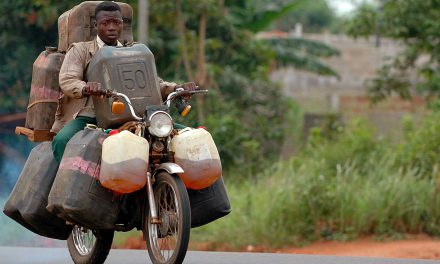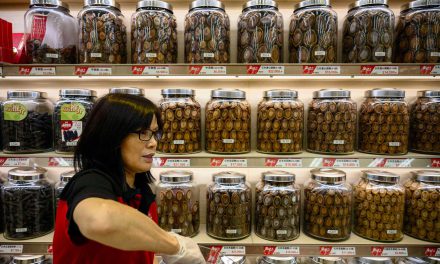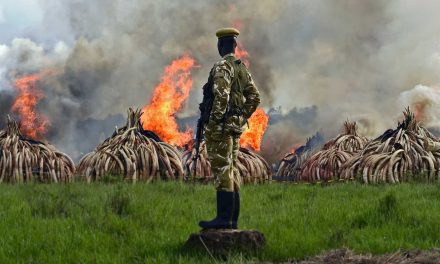Present-day arms trafficking in southern Africa can be traced to the protracted civil wars in Angola and Mozambique, as well as the struggle against apartheid in South Africa. Civil unrest, urban crime and armed conflict led to the proliferation and circulation of arms across the region. According to the latest African Organised Crime Index (AOCI) 2021 report, arms trafficking remains the second-most pervasive criminal market in Africa after human trafficking. Among southern African countries, Mozambique and South Africa have the most significant arms trafficking markets.
Southern Africa faces the compounding impacts of climate change, violent extremism, public health emergencies and poverty, making it particularly vulnerable to criminality. Moreover, state fragility and poor governance have had direct ramifications for criminality levels across the region. Since the 1980s, increasing demand for narcotics helped develop smuggling and illicit trade routes across southern African borders. Mozambique, for example, became a significant transhipment point for the narcotics market. Conflicts simultaneously helped to develop demand and supply for weapons, enabling the proliferation of weapons to ensure the commission of other transnational crimes such as drug and human trafficking.
A Rwandan soldier patrols a street near Palma, Cabo Delgado, Mozambique. Photo: Simon Wohlfahrt/AFP
Gun-related violence has been part of Mozambique’s history since its war of independence against the Portuguese. Mozambique’s own flag design captures that history, with the Avtomat Kalashnikova 47 (AK-47) weapon alongside the hoe and book. The AK-47 was a souvenir of the past but would continue to bring meaning across the country through the civil war. History explains why arms trafficking remains a significant criminal market in countries like South Africa and Mozambique.
The aftermath of the civil war in Mozambique had significant consequences for post-apartheid South Africa. The failure to effectively disarm ex-combatants in Mozambique through a United Nations peacebuilding mission resulted in large-scale illicit arms trafficking into South Africa. Mozambique became the largest single source of illicit arms supply to the South African market. Moreover, the collapse of the Soviet Union and inadequate controls on the export of weapons added to the flood of arms into the region. By 1998, post-apartheid South Africa had witnessed an unprecedented increase in murders and robberies. After a steady decline during the 2000s, South Africa’s murder rate has seen a steady uptick over the past decade, with an alarming increase leading up to the COVID-19 pandemic.
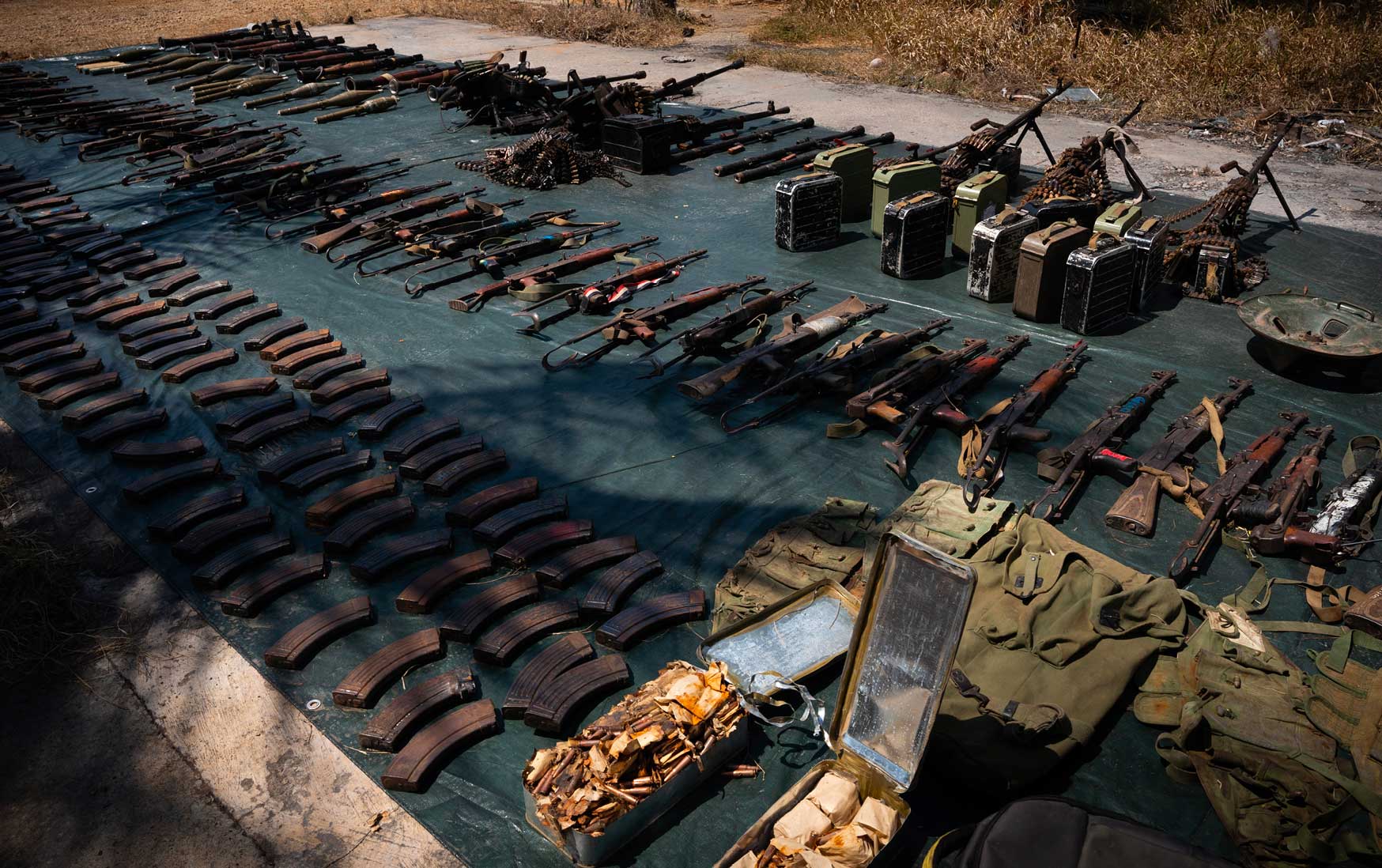
Weapons confiscated from insurgents are displayed in Mocimboa da Praia, Mozambique. Photo: Simon Wohlfahrt/AFP
In recent times, Mozambique has experienced a continued rise in internal insecurity combined with serious development challenges across its central and northern provinces. The return to armed conflict in 2013 between Resistência Nacional Moçambicana (Renamo) and the Mozambican government, as well as the Ahlu-Sunnah Wa-Jama (ASWJ) insurgency, have continued to fuel the circulation of arms into neighbouring countries. The geography of the country – a coastline of 2,470 km and land boundaries of 4,571 km – also plays a role in illicit trade, making it difficult to monitor and control.
Criminal actors are crucial to understanding the criminal landscape within southern Africa. Sadly, state-embedded actors are dominant players within the transnational organised crime landscape across the region. The AOCI reports that the situation in Mozambique is most dire in terms of the extent to which officials are either complicit in criminal economies or provide protection to organised crime groups. This is not the Mozambique envisioned by its first president, Samora Machel, who had hoped to rid the government of self-enrichment and corruption.
Mozambique’s illicit economy and smuggling networks trace back to the post-independence government’s inadequate customs system at its most important seaports. Weak border and customs control, coupled with the country’s heavy reliance on imports, made it an easy target for criminal groups. By the time the World Bank pressured the government to restructure and reform the customs department in 2002, organised criminal groups had well-established themselves within the department, with important political figures at the centre of the network.
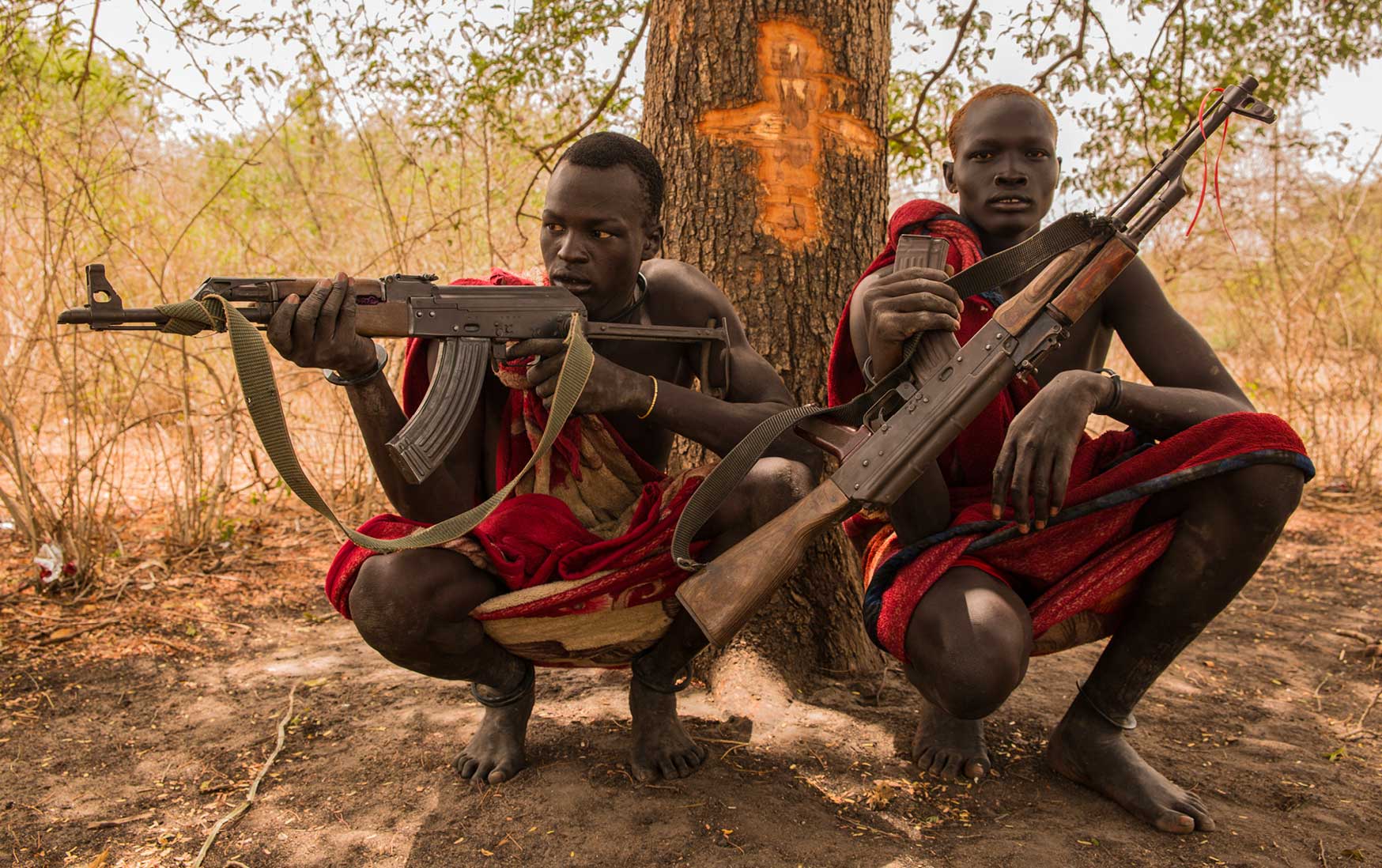
Sudanese cattle keepers from the Dinka tribe pose with the guns they use to protect their cattle in Mingkaman, Lakes State, South Sudan. Photo: Stefanie Glinski/AFP
Recent fieldwork in Mozambique by the Institute for Security Studies attempted to investigate the linkages between the present insurgency in Cabo Delgado and transnational organised crime. The study found that indeed a nexus exists, but transnational organised crime preceded terrorism. Evidently, ASWJ merely took advantage of the current illicit local economy, but there is no evidence to suggest they control the criminal schemes directly. Analysts have linked ASWJ’s weapon supply with historical smuggling routes, older weapons from the civil war, and smuggling routes through the Great Lakes region.
The Stockholm International Peace Research Institute (Sipri)’s most recent assessment of arms transfers to Mozambique indicates that the country has received relatively low volumes of small arms and light weapons since 2001. However, the government has not provided updated reports or information on potential imports, thus making the scale of arms circulation in the country unclear. Sipri has warned that increasing external military intervention, which evidently adds new arms to the conflict, could worsen an already dire situation. Repeated concerns have been raised about transparency in military procurement and budgeting, and suppliers are not sure where their arms exports are expected to be used.
Illegal weapons, whether large or small, pose a major threat to peace, security and governance in the southern African region. As one of the most unequal regions in the world, involving high levels of structural violence, the flow and proliferation of illegal arms will only worsen conflict and armed criminal violence.
Monique Bennett holds a Master’s degree in International Relations from the University of the Witwatersrand. She is currently pursuing her Doctorate in Political Science at Stellenbosch University funded by the Peace Research Institute of Oslo. She enjoys a mixed-methods approach to research across topics such as governance, environmental issues, human security and peacebuilding within the African context. She supports her research team by providing data-driven evidence for their research/op-eds and writes for various South Africa news outlets.


